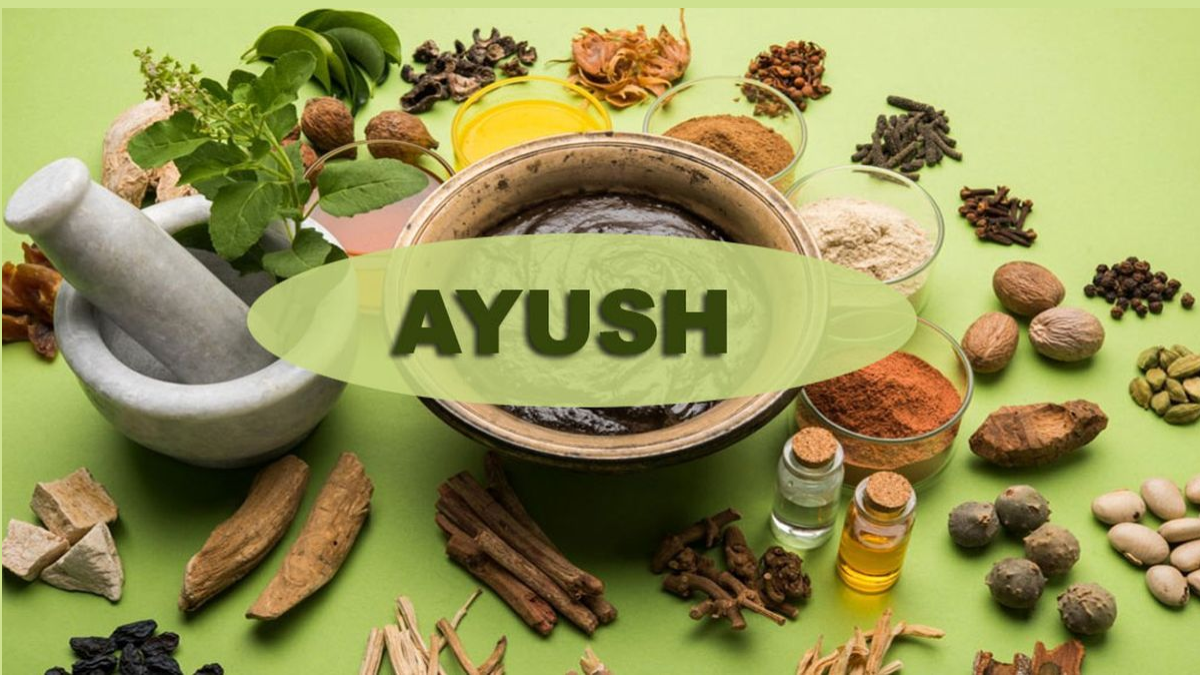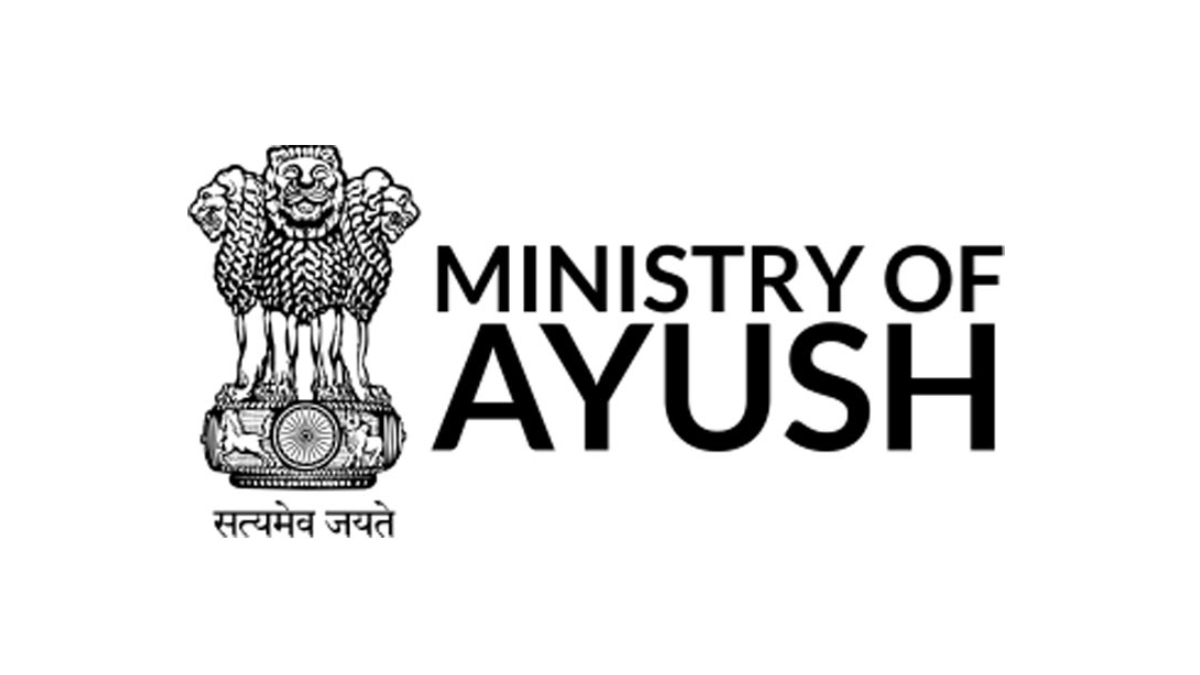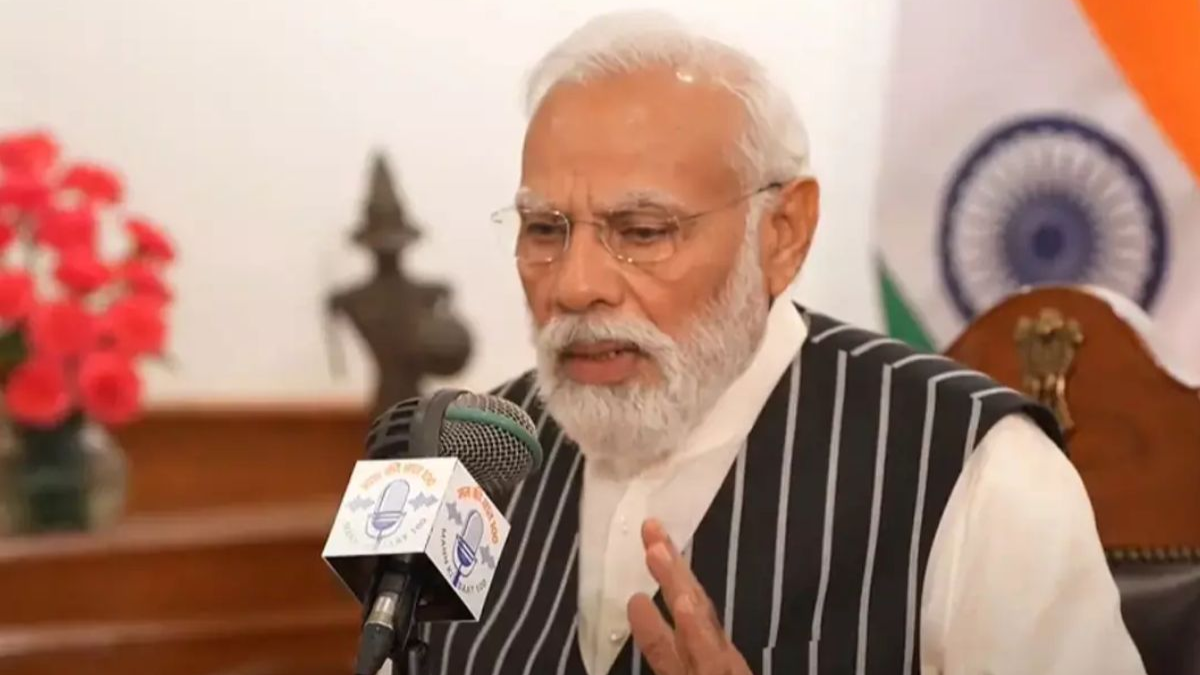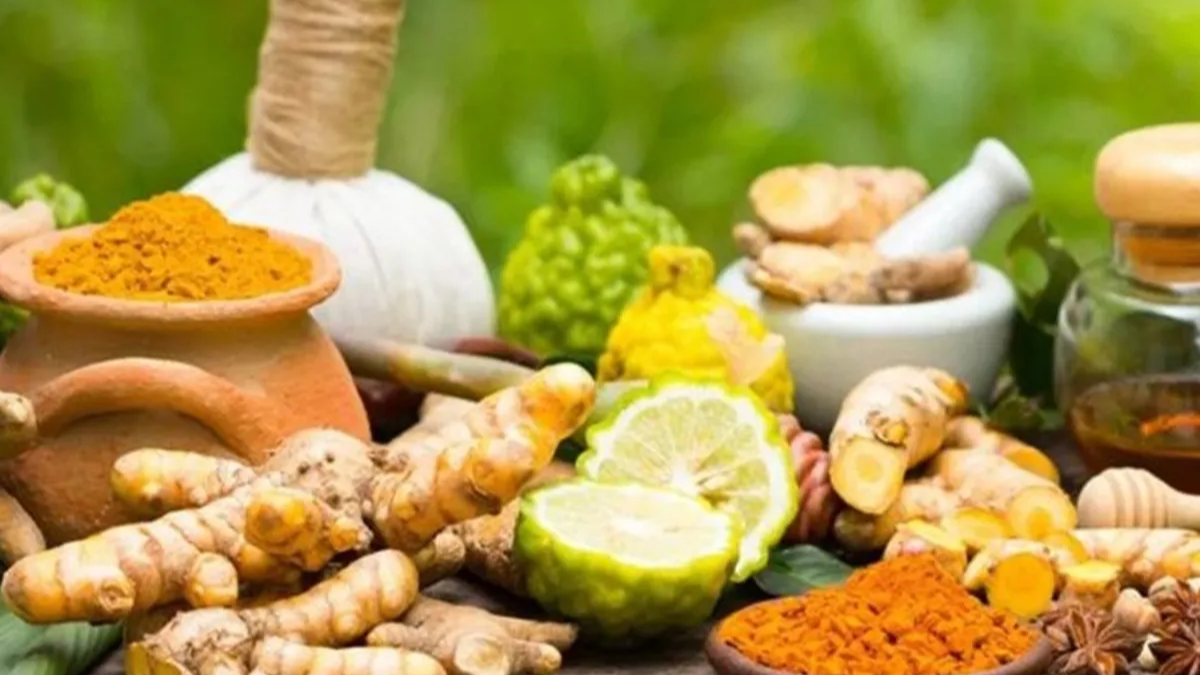
In a landmark move aimed at taking India’s traditional medicine systems to the international spotlight, Prime Minister Narendra Modi recently announced a collaborative initiative between the Ministry of Ayush and the World Health Organization (WHO). This ambitious agreement is poised to elevate Ayurveda, Yoga, Unani, and Siddha systems by integrating them into global healthcare through scientific recognition and documentation.
Table of Content:-
Bridging Tradition with Science
During the 122nd episode of his monthly radio address Mann Ki Baat, Prime Minister Modi underscored the significance of the Memorandum of Understanding (MoU) signed on May 24th. He stated that the partnership would make Ayush more accessible worldwide in a scientifically robust manner. The agreement was formalised in the presence of WHO Director-General Dr Tedros Adhanom Ghebreyesus, highlighting the seriousness of the global health body’s commitment to incorporating traditional medicine into modern healthcare systems.

The cornerstone of this initiative is the development of a specialised traditional medicine module under WHO’s International Classification of Health Interventions (ICHI). This classification framework is crucial in standardising medical procedures and treatments globally. By including Indian traditional interventions, such as Panchakarma, Yoga therapy, Unani regimens, and Siddha practices, the module ensures that these therapies are recognised using globally accepted scientific terminology.
Also Read: Pneumonia Strikes 99 Indonesian Hajj Pilgrims In Saudi Arabia; One Fatality Reported
Global Recognition Through Standardisation
One of the most transformative aspects of this development is the shift from anecdotal recognition of traditional medicine to evidence-based validation. The ICHI module will enable the incorporation of Ayush therapies into formal health insurance schemes, clinical trial databases, and hospital billing systems worldwide. This move will not only enhance the credibility of Indian traditional treatments but also make them more accessible to international patients.

The documentation of these interventions in standardised terms will allow for fair pricing, transparent billing, and improved record-keeping, ultimately bringing traditional Indian therapies into the mainstream of global healthcare.
Also Read: FDA Considers Limiting Future COVID-19 Vaccines to Seniors and High-Risk Groups
Financial Backing for Traditional Wisdom
The agreement also includes a financial commitment from India, with a $3 million contribution toward WHO’s work on traditional medicine and the ICHI module. Dr Tedros, in a social media post, expressed his gratitude and welcomed the partnership as a vital step in integrating traditional healing systems with global health frameworks.

India’s financial and intellectual investment in this initiative reflects its vision of promoting traditional wisdom on a scientific platform. By supporting WHO’s efforts, India is not only advancing its cultural heritage but also contributing to global health equity.
The Future of Ayush on the Global Platform
This development comes at a time when there is growing global interest in holistic and alternative healing methods. The fusion of traditional Indian knowledge with rigorous scientific frameworks offers immense potential. The combination of WHO’s ICD-11, which classifies diseases, and the ICHI module for medical interventions, will pave the way for Ayush systems to be embedded into evidence-based healthcare worldwide.
Prime Minister Modi’s announcement reinforces India’s role as a global leader in promoting sustainable, accessible, and inclusive healthcare. The integration of Ayush into global health systems marks a significant leap toward achieving universal health coverage through diverse and culturally sensitive approaches.
Bottomline
As the world increasingly looks toward preventive and holistic care, India’s traditional medicine systems, backed by scientific validation and international cooperation, are well on their way to becoming a valuable asset in global healthcare innovation.
Also watch this video
How we keep this article up to date:
We work with experts and keep a close eye on the latest in health and wellness. Whenever there is a new research or helpful information, we update our articles with accurate and useful advice.
Current Version